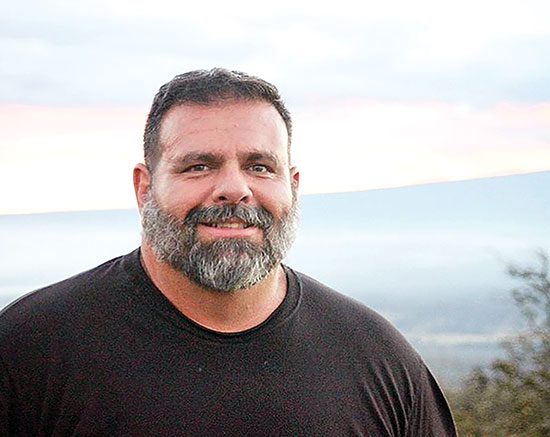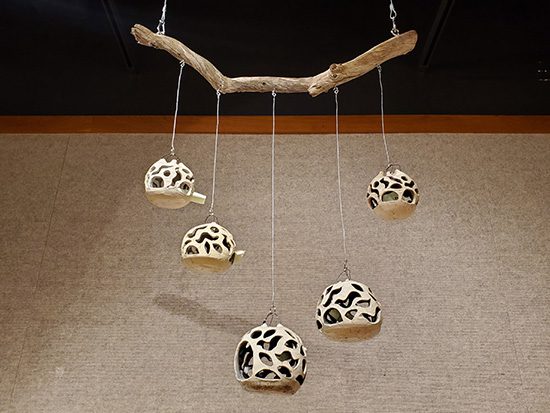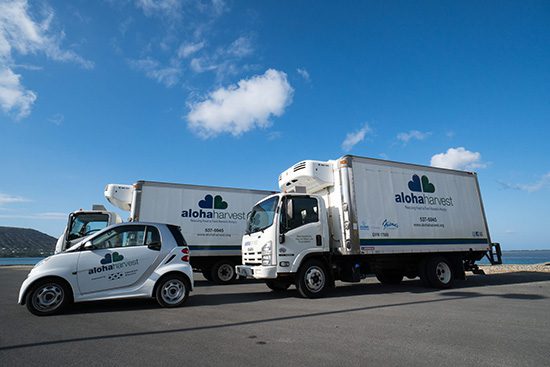
Caring for animals as a career may be many a child’s dream, but what’s the truth behind the fur? Despite the high demand for veterinary technicians, the salary and workload don’t always match up. Wayne Marques wants to change that.
Marques is the area manager of VCA Mars Inc. on O‘ahu and a board member of Poi Dogs & Popoki, a walk-in clinic that provides affordable wellness checks for pets. At VCA, Marques is actively involved with WCC’s Vet Tech program, reaching out to students who are just beginning their studies in the field. He helps prepare students for jobs by conducting mock interviews with them. He also tries to connect them with places they can perform the clinical hours they need to graduate.
At VCA itself, Marques also works toward providing his technicians with set schedules and higher wages.
“I became a technician to give animals a voice and the care they deserve,” he said. “Now I am trying to give my technicians the same opportunity.”
With wages for licensed technicians in Hawai‘i set around $13 and even lower for those given on-the-job training, Wayne knows from experience that the amount of knowledge and skills should earn a higher pay. Therefore, he and his team at VCA raised the hourly pay to $16 last December. Although this is just a small step, for most technicians, the intense field of emergency animal care is more about passion than money anyway.
Like many people, Wayne’s love for animals started when he was young as he grew up in Wai‘anae with many dogs. More than 25 years ago, he began his career in the animal care industry as a veterinary technician at a tiny three-doctor practice in Honolulu. Now his job at VCA involves overseeing specialty and emergency services with 15 practicing veterinarians at all VCA Hawai‘i hospitals.
Even with the financial drawbacks, being a technician is a field that many students choose to enter. As described on its website, WCC’s Veterinarian Technician program offers a learning environment where students “receive training in pharmacology, radiology, anesthesiology, surgical assisting, dentistry, nutrition and veterinary office procedures and will learn how to perform over 200 skill sets deemed essential by the American Veterinary Medical Association (AVMA).” Once students acquire such skills, they are sent into the field to be critiqued.
Many WCC students have landed jobs at VCA hospitals on the island as well as at smaller clinics. Through his work at VCA and the partnership with WCC, Marques said he’s thrilled to be a part of so many lives and wants to continue to support techs in any way he can.
by Jena Lenchanko, Special to Ka ‘Ohana





